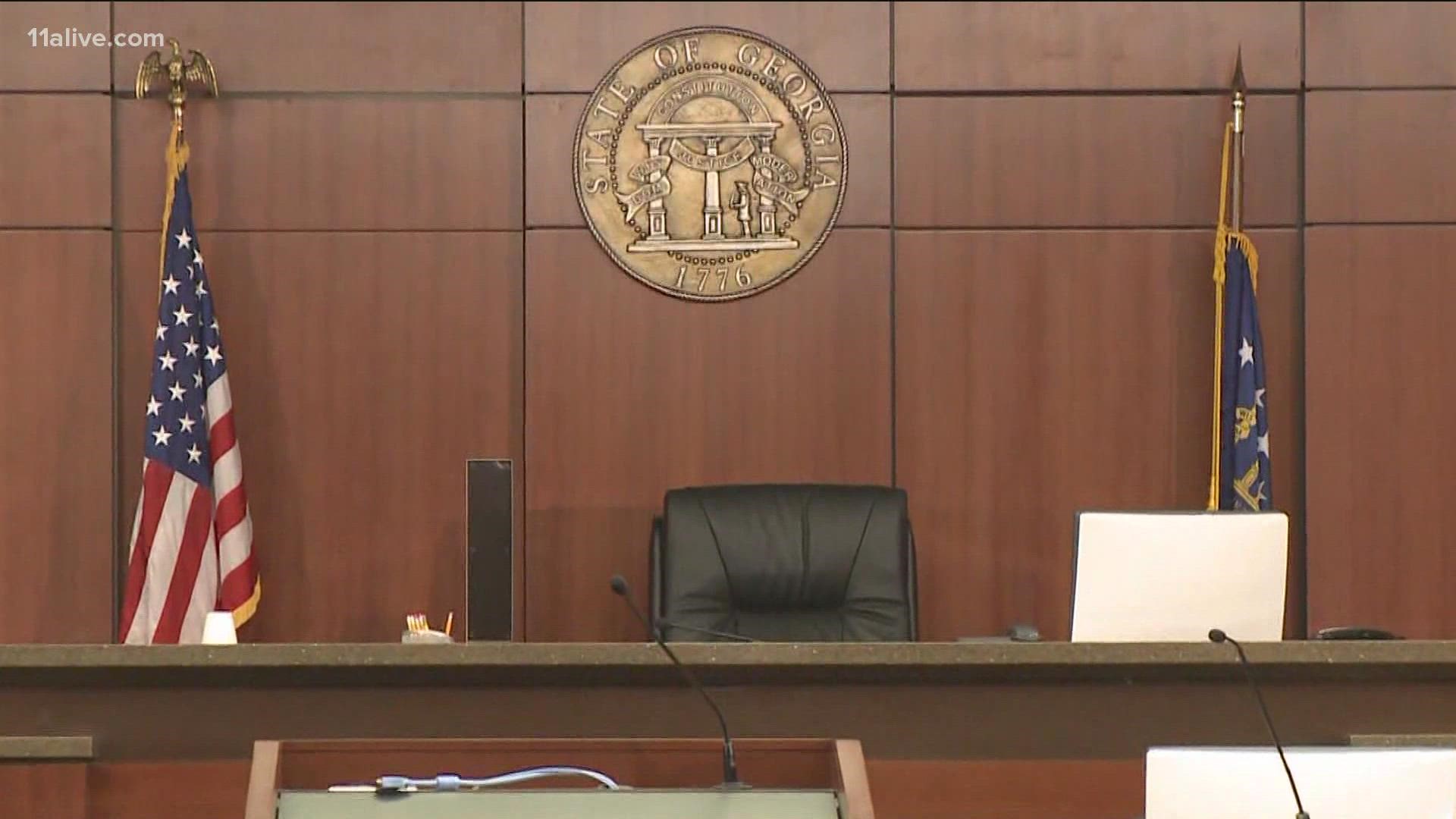FULTON COUNTY, Ga. — The GBI said Fulton County has a backlog of more than 200,000 criminal cases that haven’t been entered into a state database that tracks criminal records. However, Fulton County added it has a plan to fix a problem that has gone on for years.
This is a problem that affects people across the county and beyond. Even if they were charged with a crime and the charge got dropped, their criminal record could show that the charge is still pending.
"This has been a problem for a while," said Tina Robinson, Fulton County’s longtime clerk of the superior court. Her office is supposed to file information with a state database managed by the GBI that shows how the courts have disposed of criminal cases. And yet, she said the records are mangled by a system seemingly designed years ago to fail.
Robinson explained that records are inconsistently formatted between police, the district attorney's office and the superior court. Those inconsistencies sometimes leave out details important to the Georgia Crime Information Center, which compiles the state's criminal record database.
GCIC records are used by courts to determine prior criminal records. They're also used by private entities -- like schools, employers and landlords -- to determine if individuals have criminal charges on their "rap sheets."
"Every day we have people coming in trying to reconcile and get arrest charges cleared up," Robinson said.
The absence of reliable criminal records has affected courts trying to figure out if defendants are repeat offenders – as well as individuals who can’t shake from their record an arrest that was never prosecuted.
According to the GBI, there are 217,848 open cases from Fulton County in the last five years, broken down thusly:
2017: 42,382
2018: 43,107
2019: 49,101
2020: 38,293
2021: 44,965
"Are the cases being tracked properly from arrest to charges to disposition and then to the GCIC? No, it absolutely is not," Willis said. "It's still a problem."
Willis added that her and Robinson’s office pinpointed a recordkeeping glitch that they can fix – but the backlog of records will take a year to fix. For now, the Metro Atlanta Chamber of Commerce is contributing funding to hire staff to pore over individual records and reconcile the inconsistent data.
"I have total confidence that within one year of that team getting started that we will have this issue cleared up," Willis said.

